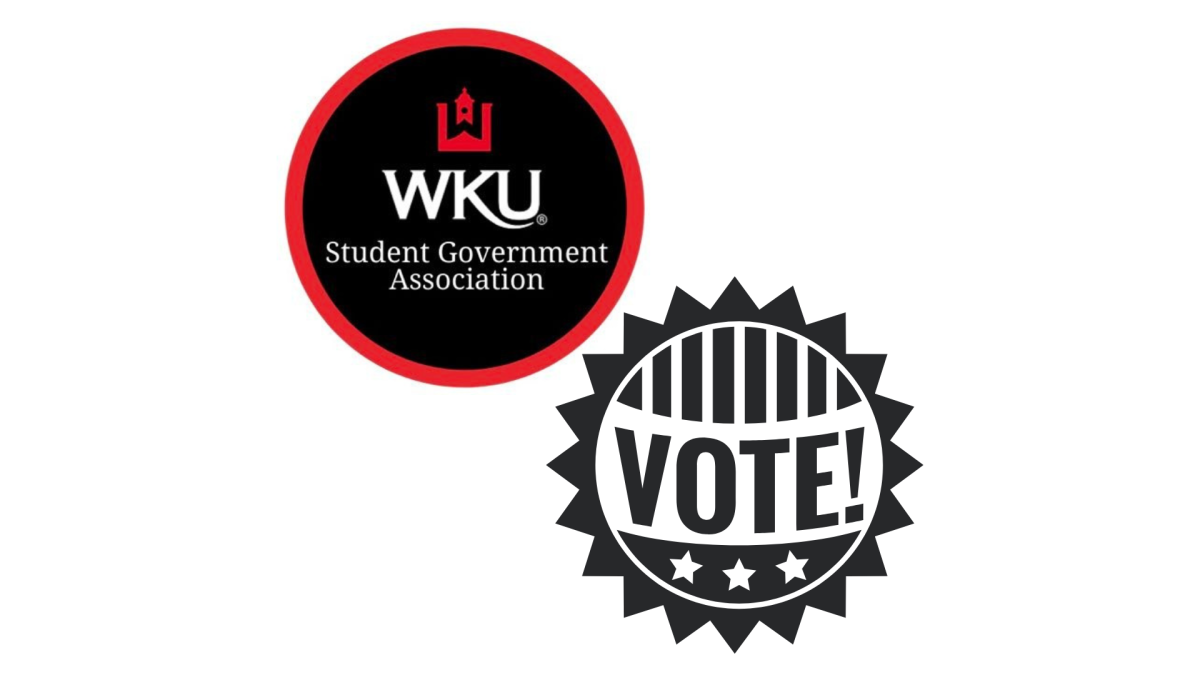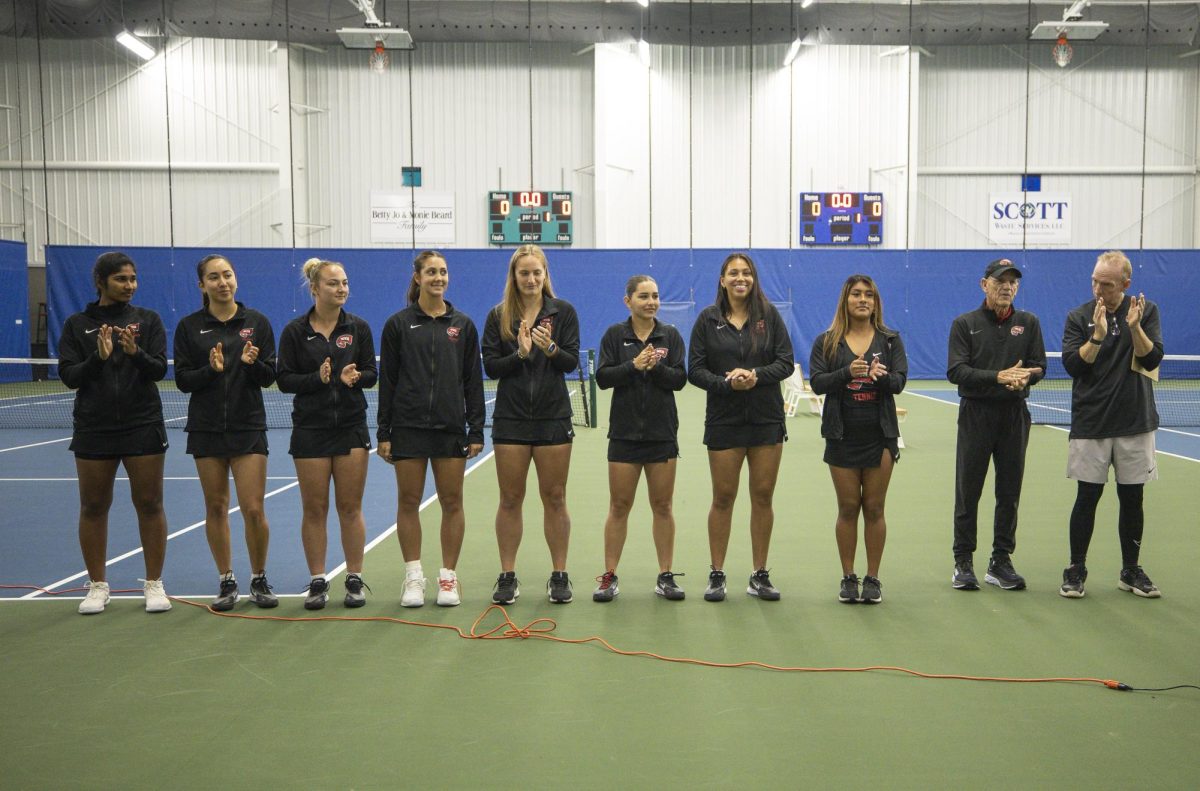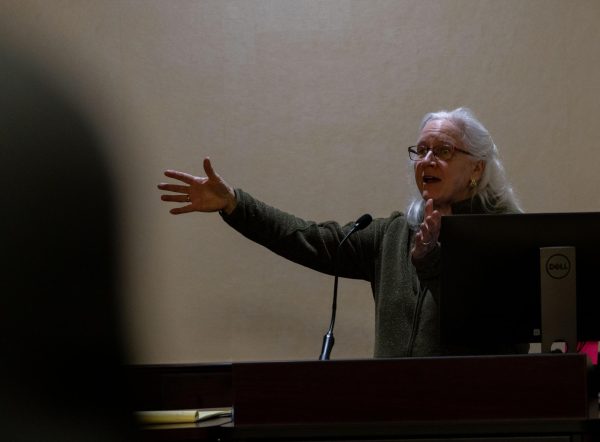Passport Bistro serves sustainable coffee
November 3, 2015
WKU’s newest restaurant features not only a global menu but also sustainable drinks.
Passport Bistro joins Garrett Conference Center’s food court and Helm Library’s Java City as campus restaurants that serve Eco-Grounds coffee.
Eco-Grounds coffee promotes “a sustainable social, ecological, and economic model for the production and trade of coffee” that also benefits “farmers, their families, their communities, and the natural environment,” according to Eco-Grounds’ website.
“We try to be sustainable in a lot of ways,” said Steve Hoyng, resident district manager of Aramark.
Freshman Chelsea Faught is a Student Government Association senator from Lexington and the sustainability coordinator for SGA’s new sustainability committee.
Faught said she is pleased with food service’s commitment to sustainability and said Eco-Grounds opens the door for more practices that bring attention to taking care of the earth. However, she’s not completely satisfied.
“I think there is more to be done,” said Faught. “There’s always more to be done.”
Faught called sustainability “the power to meet the needs of the present population without giving up on future people.”
To Faught, the little efforts students make like recycling, turning off lights and drinking sustainable coffee create a better world.
Freshman Ashley Gilliam of Clarksville, Tennessee, thinks coffee is part of the college experience. Having sustainable options is very important to her.
“Not everyone is doing it,” Gilliam said.
However, Fresh Food Company has been leading the way with sustainable options.
Sustainability coordinator Christian Ryan said composted food waste at Fresh has prevented 8.8 tons of waste from going to a landfill. Instead, the food waste enriches soil at the Baker Arboretum.
Trayless dining at Fresh reduced food waste by 25 to 30 percent and also reduced water use, chemical use and labor.
There are no nonrecyclable plastic straws in Fresh, and its napkins are made of recycled materials, unbleached and biodegradable.
The WKU farm recycles Fresh’s cooking oil. Engineering students convert the oil to biodiesel, which powers farm vehicles and equipment.
In addition to bolstering campus sustainability, Eco-Grounds coffee adds another fair trade option for students.
According to Ryan, all campus coffee shops incorporate fair trade options and Udderly Kentucky milk, which is produced and processed by family farmers in the state.
Fair Trade USA, a nonprofit organization that promotes sustainability and community empowerment, certifies Eco-Grounds as fairly traded.
Hoyng said the restaurant group buys sustainable coffee with a price from which “a farmer can make a living.”
Freshman Ashleigh Porter of Franklin, Tennessee, is happy to have at least one option for fairly traded coffee. Porter hopes Eco-Grounds at Passport Bistro can open students’ eyes to fair-trade issues.
“Maybe it can set an example,” Porter said.

























